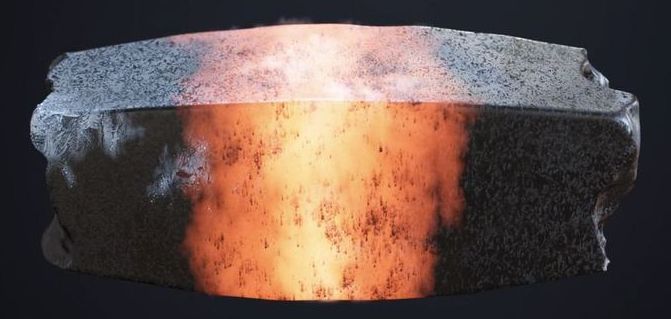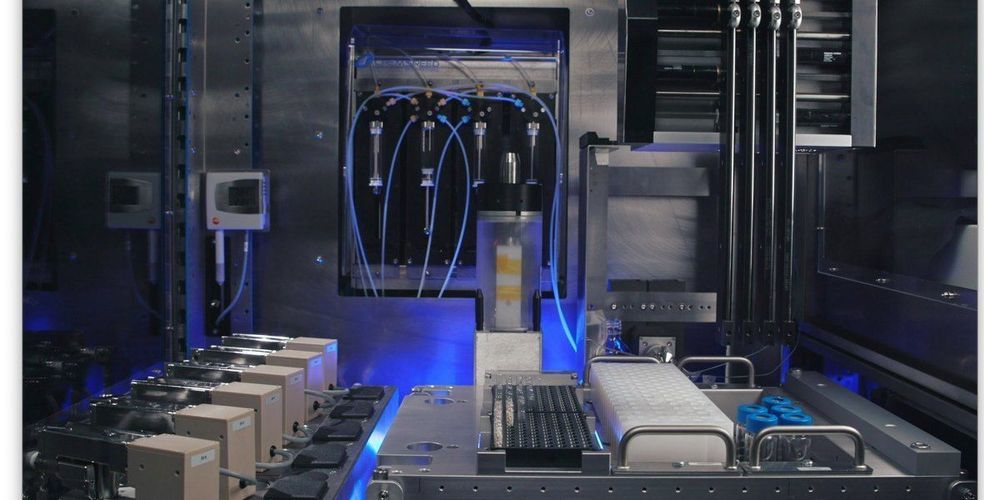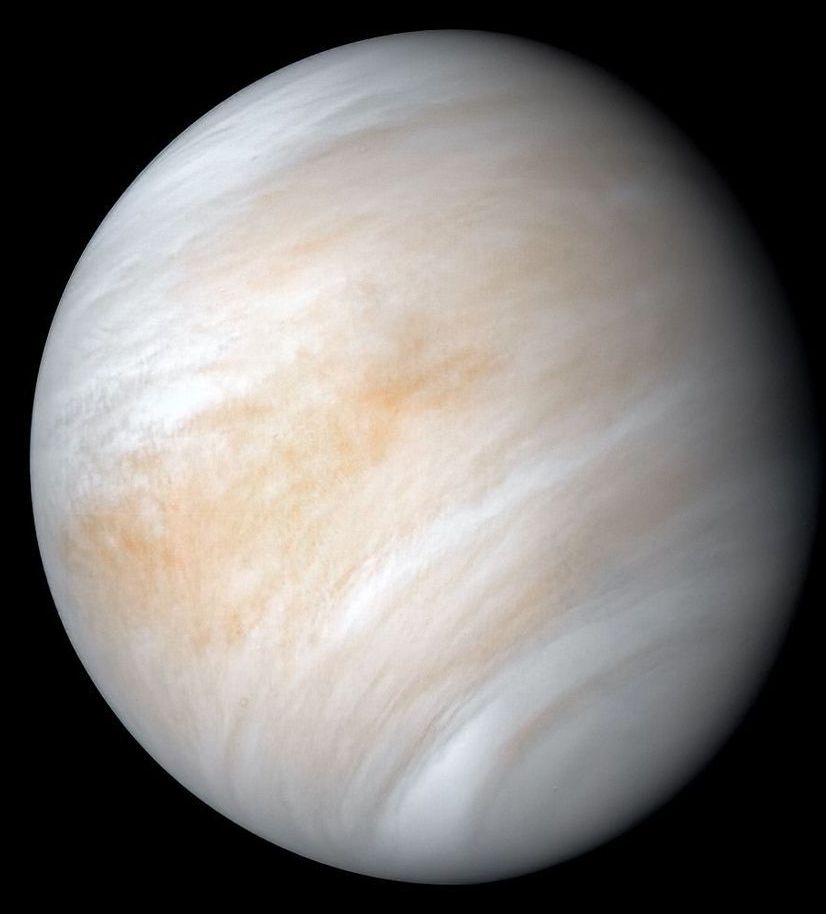IAIFI will advance physics knowledge — from the smallest building blocks of nature to the largest structures in the universe — and galvanize AI research innovation.
The U.S. National Science Foundation (NSF) announced last week an investment of more than $100 million to establish five artificial intelligence (AI) institutes, each receiving roughly $20 million over five years. One of these, the NSF AI Institute for Artificial Intelligence and Fundamental Interactions (IAIFI), will be led by MIT ’s Laboratory for Nuclear Science (LNS) and become the intellectual home of more than 25 physics and AI senior researchers at MIT and Harvard, Northeastern, and Tufts universities.
By merging research in physics and AI, the IAIFI seeks to tackle some of the most challenging problems in physics, including precision calculations of the structure of matter, gravitational-wave detection of merging black holes, and the extraction of new physical laws from noisy data.





